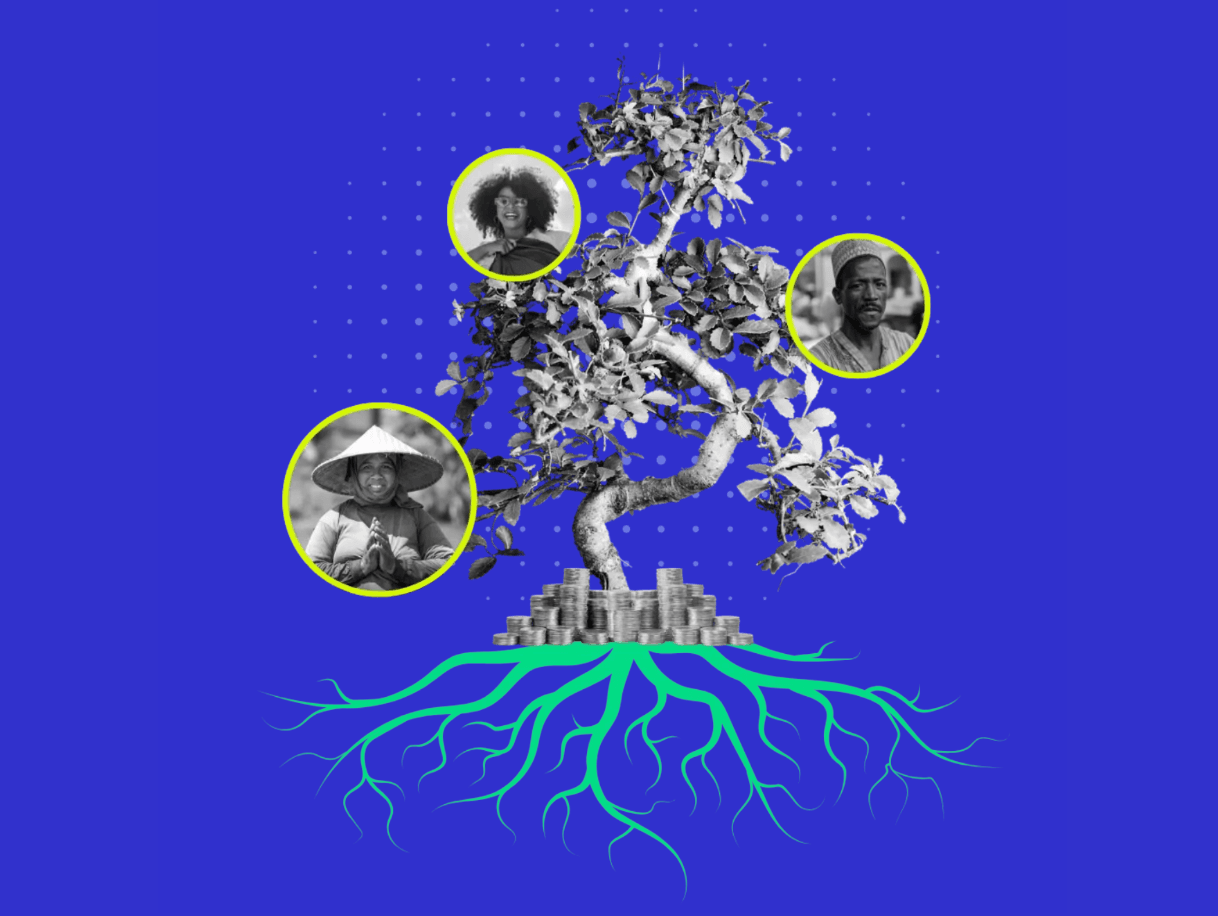Public finance decisions don't happen in isolation. They emerge from complex networks of relationships between ministries, parliaments, audit bodies, civil society, donors, and other key actors. Understanding these interconnections is essential to driving meaningful change in fiscal accountability and equity.
TAI is launching the Strengthening Fiscal Ecosystems for Accountability and Equity project to map these critical relationships and identify strategic pathways for reform.
Beyond Traditional Institutional Reform
Traditional approaches focus on strengthening individual institutions—typically finance ministries or audit bodies. While valuable, these efforts often miss the bigger picture. Real transformation happens through the relationships between actors, where power is negotiated and decisions actually get made.
Our ecosystem approach examines these dynamics to identify leverage points that can drive system-wide change rather than isolated improvements.
Research Across Three Strategic Countries
We're conducting in-depth political economy research in Brazil, Indonesia, and South Africa, examining how fiscal ecosystems function in practice versus how they're designed on paper. Each study identifies where the most promising opportunities for strengthening accountability and equity exist.
Our research teams bring decades of expertise: Paolo de Renzio and Ursula Peres in Brazil, Donny Setiawan and Yuna Farhan in Indonesia, and Alta Fölscher and Michael Sachs in South Africa.
Building Global Momentum
This research culminates in a major international dialogue in September 2025. TAI will convene stakeholders from parliaments, audit institutions, civil society, media, finance ministries, and international organizations to share insights and build a global learning coalition.
Working with Reos Partners, we'll transform research findings into practical strategies and launch coordinated efforts to advance fiscal ecosystem reform worldwide.
A Strategic Shift
The complexity of modern fiscal governance demands more sophisticated approaches to reform. By understanding how these systems really work—not just how they're supposed to work—we can identify the strategic interventions that create lasting change.
Learn more about the project at fiscal-accountability.org and discover how ecosystem thinking is reshaping fiscal accountability.
Led by Warren Krafchik and facilitated by Reos Partners.
You can also read the first blog in this series: Re-thinking Fiscal Governance: Introducing the “Strengthening Fiscal Ecosystems” Project
And the second blog: Fixing Fiscal Ecosystems: Can Accountability Actors Step Up?
